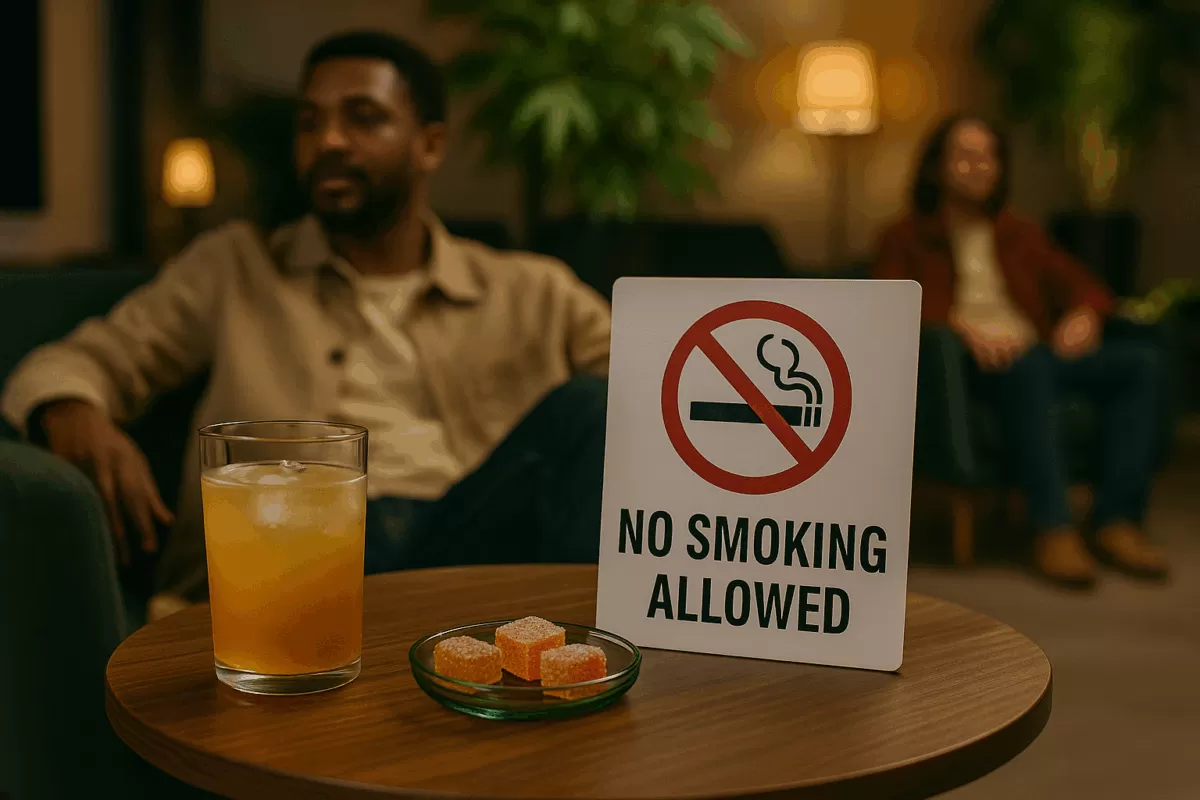Louisiana’s habitual offender law is one of the harshest in the United States, and its impact on non-violent offenders is staggering. More than 4,100 people in Louisiana are currently serving life without parole sentences, with nearly 300 of them serving life as habitual offenders. Shockingly, 40% of those serving life as habitual offenders are locked up for non-violent crimes, including drug offenses. This article will explore the impact of Louisiana’s habitual offender law on non-violent offenders, its disproportionate impact on Black people, and recent efforts to reform the law.

The Impact of Louisiana’s Habitual Offender Law on Non-Violent Offenders
The case of Kevin O’Brien Allen illustrates the harsh reality of Louisiana’s habitual offender law. Allen is serving a life sentence for selling $20 worth of marijuana to an informant, a childhood friend who later testified against him. Allen had a handful of drug convictions, but his sentence was based on the state’s habitual offender law, which allows prosecutors to increase the sentence of repeat offenders up to life without parole.
Allen’s story is not unique. Louisiana’s habitual offender law has resulted in many non-violent offenders receiving life sentences, often for crimes as minor as drug possession or theft. The law gives prosecutors wide discretion to increase a repeat offender’s sentence, leaving judges with little leeway. While judges can sentence a defendant to less time if they find the minimum is so far out of line that it defies “acceptable goals of punishment” or serves as “nothing more than the purposeful imposition of pain and suffering,” these scenarios are exceedingly rare.
The Disproportionate Impact on Black People
The impact of Louisiana’s habitual offender law falls disproportionately on Black people. Black people make up only 31% of Louisiana’s population, but they represent 66% of its state prisoners, 73% of those serving life sentences, and a staggering 83% of those serving life as habitual offenders, according to corrections and census data. There are 20 parishes in which everyone serving life as a habitual offender is Black, including all 26 of the prisoners from East Baton Rouge, according to data provided by the corrections department.
This disparity is a result of unchecked prosecutorial discretion, rather than crime patterns, according to Marcus Kondkar, a Loyola University sociology professor who has analyzed state corrections data and interviewed scores of life prisoners. Prosecutors have used the habitual offender law as a cudgel to motivate stiff plea deals, or to impose longer sentences on those convicted at trial, leading to a disproportionate number of Black people receiving life sentences.
Recent Efforts to Reform the Law
Recent efforts to reform Louisiana’s habitual offender law have focused on shrinking the “cleansing period” after which prior offenses drop from the repeat-offender calculus, while also excluding life sentences for non-violent crimes. Reforms enacted in 2017 mean that some habitual lifers, like Kevin O’Brien Allen, might not have qualified for their sentences if they committed the same offenses today.
In addition, some district attorneys in Louisiana are taking a fresh look at some of the harsher applications of the habitual-offender law. Last year, Caddo Parish District Attorney James Stewart agreed to vacate the habitual life sentence of 88-year-old Clarence Simmons, who was released after 31 years. Jefferson Parish District Attorney Paul Connick’s office agreed in February to scrap the life sentence given to Terrance Mosley in 2009. And in St. Tammany Parish, District Attorney Warren Montgomery last year agreed to remove the habitual-offender sentence of Thomas Swinner, who received life after walking into a pawn shop in 1998.












